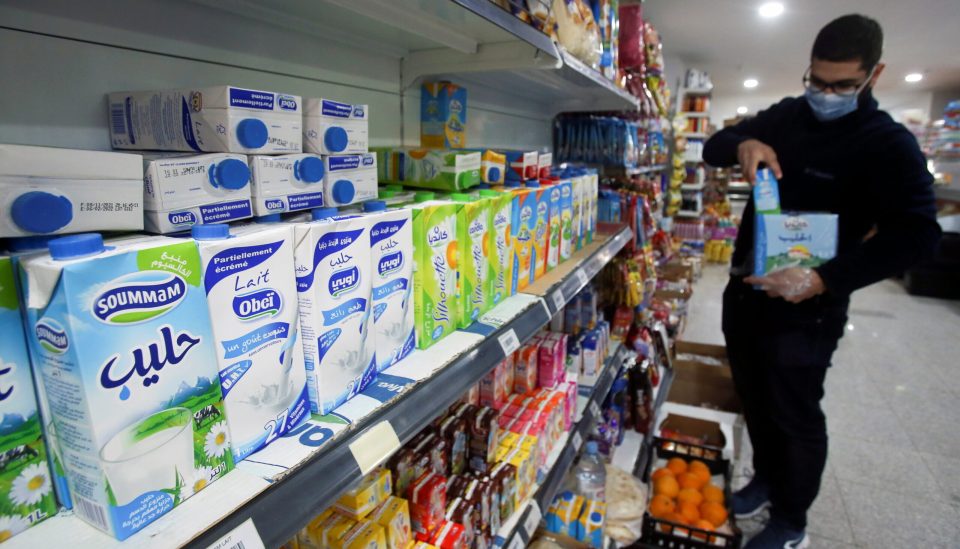Algeria’s retail industry is experiencing significant transformation and growth, driven by various economic, technological, and regulatory changes. As one of North Africa’s largest economies, Algeria is seeing its retail landscape evolve to meet the demands of its growing urban population and increasing consumer expectations.
Traditional Markets and Independent Retailers
Traditional markets, known as souks, continue to play a crucial role in Algeria’s retail sector. These bustling marketplaces, filled with small vendors, are vital for everyday shopping, especially in smaller towns and rural areas. Alongside these, independent retailers such as small shops and convenience stores are widespread, offering personalized services and catering to local communities’ needs (International Supermarket News).
Emergence of Supermarkets and Hypermarkets
Urbanization has led to the rise of supermarkets and hypermarkets in major cities like Algiers, Oran, and Constantine. These larger retail stores provide a wide range of products under one roof, including groceries, electronics, clothing, and household items. This shift is driven by consumers’ preference for convenience and a broader selection of goods (International Supermarket News) (ExpertMarketResearch).
Growth of Shopping Malls
Shopping malls are becoming increasingly popular, particularly in urban centers. These malls not only offer retail stores but also feature entertainment options, food courts, and other services, making them attractive destinations for families and young people. This trend is supported by investments from both local and international developers (International Supermarket News).
Expansion of E-commerce
The e-commerce sector in Algeria is burgeoning, albeit still in its early stages compared to global standards. Internet penetration is rising, and more consumers are turning to online shopping platforms like Jumia and Ouedkniss. Despite challenges such as limited secure online payment options and logistics issues, the sector is expected to grow as digital infrastructure improves and consumer trust in online transactions increases (ExpertMarketResearch).
Technological Integration
Retailers in Algeria are increasingly integrating advanced technologies to enhance the shopping experience. Innovations such as artificial intelligence (AI), customer vision technology, and augmented reality (AR) are being adopted to create seamless and customer-centric retail environments. These technologies help improve inventory management, customer service, and overall operational efficiency (ExpertMarketResearch) (6Wresearch).
Regulatory Framework
The Algerian government has implemented supportive regulations to protect and promote the local retail industry. These regulations often include requirements for local ownership or partnerships, which help sustain domestic businesses while attracting foreign investment. Additionally, government initiatives aim to boost e-commerce by enhancing legal frameworks and promoting digital entrepreneurship (International Supermarket News).
Challenges and Opportunities
Despite its growth, Algeria’s retail industry faces several challenges. These include logistical hurdles due to the country’s vast geographical size, limited access to secure payment systems, and the need to build consumer confidence in online shopping. However, these challenges also present opportunities for innovation and development, particularly in the logistics and fintech sectors (International Supermarket News) (ExpertMarketResearch).
In conclusion, Algeria’s retail industry is on a dynamic path of growth and modernization. With continued investment in infrastructure, technology, and regulatory support, the sector is poised to meet the evolving demands of its consumers and contribute significantly to the country’s economic development.



